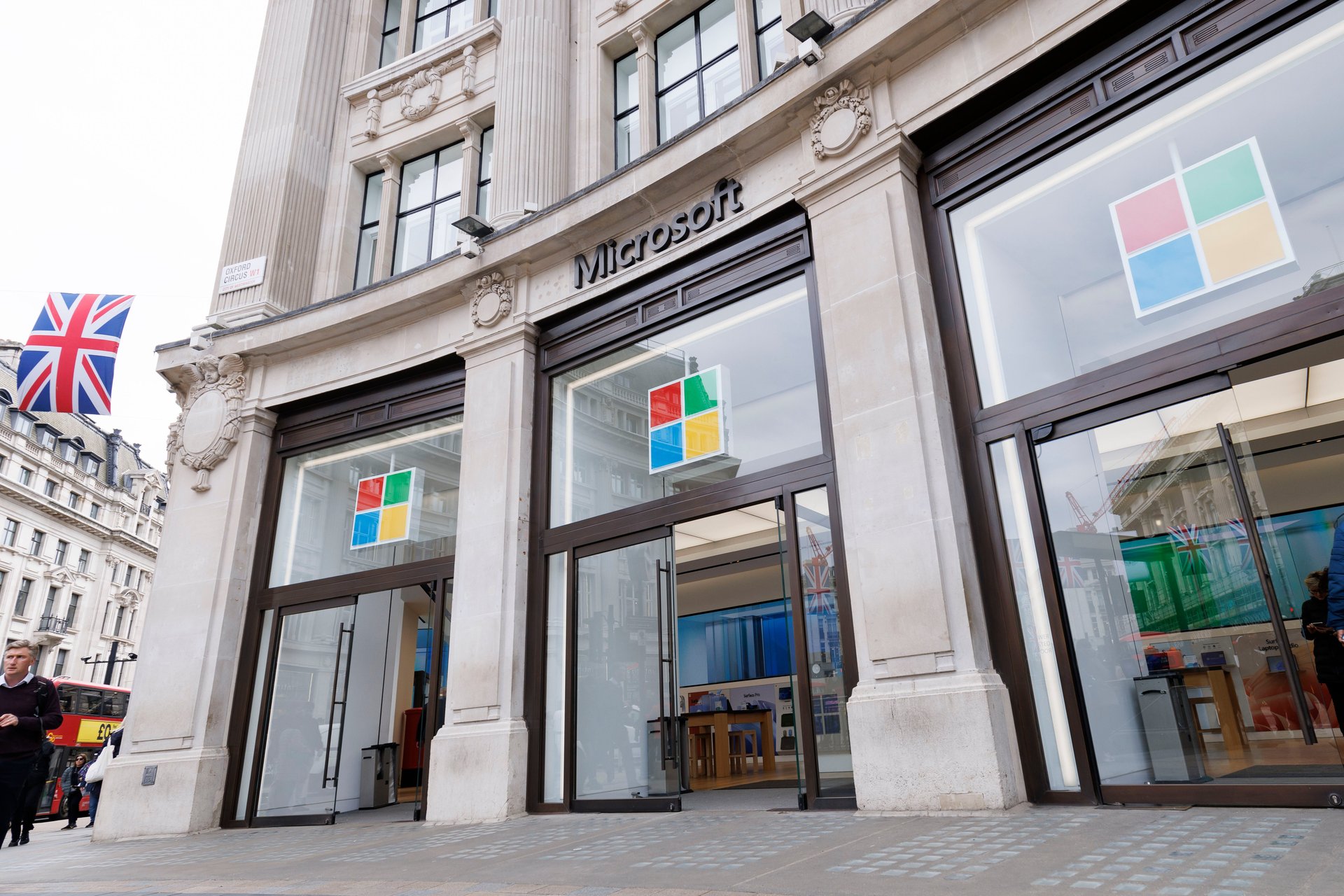What's next for the Microsoft-Activision deal after receiving EU approval?
The $68.7 billion takeover was blocked by UK regulators last month, contradicting the EU decision

The European Commission has approved Microsoft Corp.’s $68.7 billion acquisition of Activision Blizzard, publisher of the Call of Duty and World of Warcraft video game franchises, less than a month after UK regulators blocked the same deal.
Suggested Reading
The Commission’s May 15 ruling is contingent on Microsoft making concessions on access to cloud gaming, a burgeoning market that lets people play video games on any device.
Related Content
Specifically, the regulators require Microsoft to automatically grant a license for Activision Blizzard games to any competing cloud-based gaming service, effectively giving consumers the right to stream any game they had already purchased on any device and using any type of operating system.
“The European Commission has required Microsoft to license popular Activision Blizzard games automatically to competing cloud gaming services,” Brad Smith, Microsoft’s president, said in a written statement provided to Quartz. “This will apply globally and will empower millions of consumers worldwide to play these games on any device they choose.”
Why is the EU approving the deal?
Margrethe Vestager, the European Commission’s executive vice president in charge of competition policy, said the ruling will improve cloud gaming across the industry.
“The commitments offered by Microsoft will enable for the first time the streaming of such games in any cloud game streaming services, enhancing competition and opportunities for growth.”
In its report on the ruling, the Commission found that Microsoft wouldn’t have an incentive to refuse to distribute Activision’s games to Sony, citing the Sony PlayStation’s four-to-one market share advantage over Microsoft’s Xbox console.
And if Microsoft did withdraw Activision’s games from the Playstation, the report noted, Sony “could leverage its size, extensive games catalogue and market position to fend off any attempt to weaken its competitive position.”
Quotable:
“There’s a clear message here—the European Union is a more attractive place to start a business than the United Kingdom.” —Microsoft president Brad Smith, after the UK blocked the company’s Activision acquisition in April
The EU approved the deal while the UK blocked it. What happens now?
Despite Microsoft’s victory in the EU, its planned acquisition remains in doubt, thanks to the dissenting opinion by the UK’s Competition and Markets Authority (CMA) last month.
Although there isn’t a strict legal precedent for contradictory regulatory decisions like these, similar situations in the past show that it can take just one country to sink a deal.
For example, the CMA blocked Meta’s acquisition of Giphy in 2021, even after US regulators approved the purchase. After a lengthy appeals process, Meta agreed to sell the GIF search engine last fall, telling Quartz that it accepted the CMA’s ruling as the “final word” on the matter.
In the meantime, Microsoft has announced it plans to aggressively appeal the UK decision, while president Brad Smith told the BBC that the regulator’s decision marked the company’s “darkest day” in more than four decades of operating in the country.
The CMA responded to Smith, saying that it’s the organization’s “job to do what is best for the people, businesses and economy of the U.K., not merging firms with commercial interests.”
Interestingly, the CMA’s ruling cited the deal’s potential effect on the cloud-based gaming market as a major factor in its April decision to block Microsoft’s acquisition. Now, with Microsoft agreeing to major concessions on that front in the EU decision, that could plausibly make a difference in the appeal process.
Editorial Note 5/16: Included a quote from Microsoft’s president on the EU ruling that was received after publishing.
